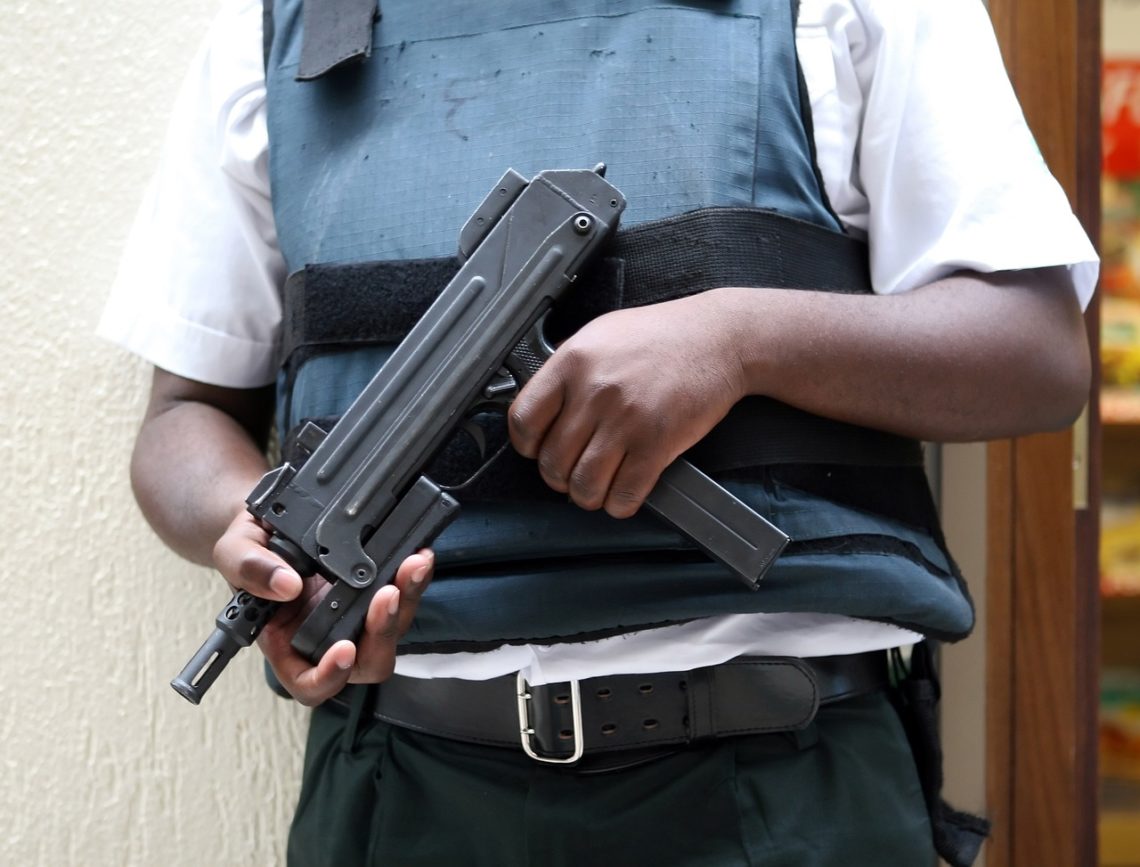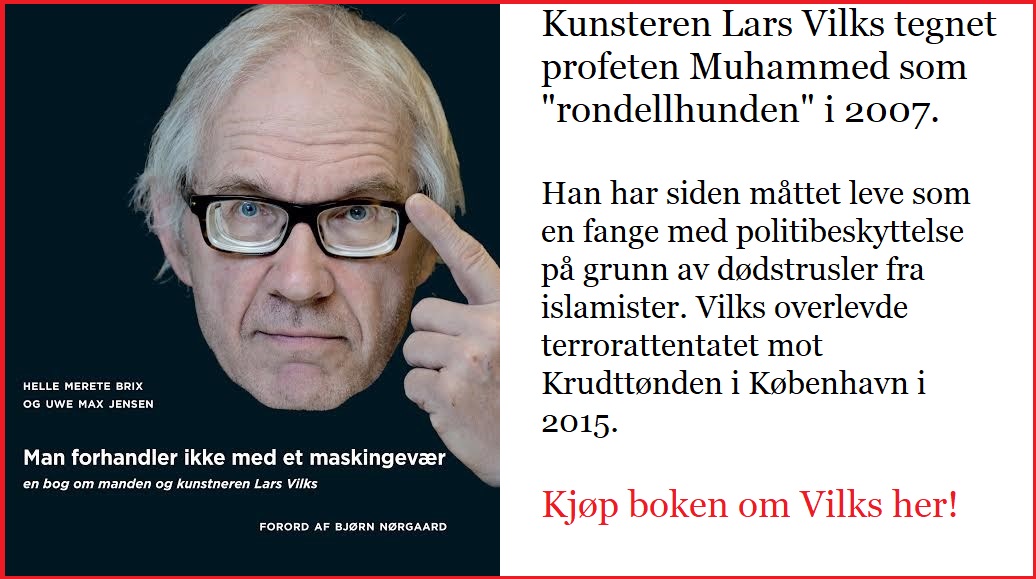After the Russian invasion of the Ukraine in February 2022, Sweden and Finland abandoned generations of neutrality to apply for membership in the NATO military alliance. However, there is already a gang war going on in Swedish streets, and it has nothing to do with Russia.
Between January and May 2023, Swedish police recorded on average one completed bomb detonation every two days. If you add the bombs that were in preparation, but not yet detonated, Sweden experienced one explosives-related crime per day. Rival gangs increasingly continue to target each other’s relatives with revenge attacks.
In early May 2023, National Police Commissioner Anders Thornberg stated that more than 1,000 people are initiated into criminal gangs across Sweden every year. Despite some arrests, the rate of recruitment shows no sign of slowing down. With three new recruits, many noticeably young, added every day, it is virtually impossible to reduce the total number of active gang members. Thornberg estimated that more than 30,000 people are now involved in gang violence in Sweden. For comparison, he stated that the number of police officers in Sweden is 22,600. The number of gang members already exceeds the number of police and keeps growing at an alarming rate. According to Thornberg, the situation is «extremely serious,» with organized crime infiltrating and corrupting the democratic society, the business world and the public sector.
That Sweden has become one of Europe’s most violent countries has finally attracted international attention. The French newspaper Le Monde lamented «Sweden’s powerlessness in the face of organized violence.» The paper quoted Prime Minister Ulf Kristersson from the Moderate Party stating that the situation is «uncontrollable» and may «get worse before it gets better.» Kristersson labelled the dozens of criminal gangs in Sweden «domestic terrorists.»
Justice Minister Gunnar Strömmer admitted to state broadcaster SVT that with 62 fatal shootings in 2022, Swedish society has clearly failed in the fight against organized crime. Strömmer stated that there is no quick fix to the rise of gang crime in the country and warned it would take time for the government to get a handle on the situation.
Some two million immigrants (20% of the population) now live in Sweden, according to David Jones in the Daily Mail, many come from the most troubled parts of Asia and Africa and have not integrated well into Swedish society. Rival gangs now shoot each other on a regular basis. In Stockholm alone, 52 gangs are vying for control of the burgeoning drug trade, according to a police report, and they are becoming ever more ruthless. Some child gang members even carry explosives in their school thermos flasks. Jones writes:
«Twenty years ago, gun crime was almost non-existent here. Today, the grisly murders we see in Scandi-Noir TV series are no longer fictional. Sweden is awash with real-life crime podcasts, documentaries and books.»
In his view, the Swedish justice system, «which many feel prioritises young offender’s rights over those of their victims,» has failed at handling the ultra-violent gang crime of recent immigrants.
«Barely a day goes by in Stockholm without a shooting or a bombing,» noted Swedish journalist Paulina Neuding.
«In one part of the city, housing estate residents have been informed about what to do if their building is a bombing target. For all too many Swedes, this is the new normal.
«Under Swedish law, children under 15 cannot be sentenced to any criminal punishment and older teenagers are seldom given more than four years in ‘compulsory care’. So mobsters now recruit young people, arm them with thermos-flask bombs or guns and send them out as soldiers in their gang wars.
«The country’s liberal criminal justice system and the fact that the police were never trained for such problems have made life comfortable for new gangs in immigrant neighbourhoods.»
«Sweden has become a gangster’s paradise – and a case study in how not to integrate migrants,» wrote Fraser Nelson, editor of The Spectator and a columnist for The Daily Telegraph. He further commented that its «liberal migration and criminal justice systems have incubated a shocking sub-culture of violence» and that Sweden’s police are losing control of some cities and towns.
While true, it should be noted that France, Britain, and other Western European countries have plenty of problems of their own from violent crime. Nigel Farage, former leader of the UK Independence Party said he fears that Britain, if it continues allowing in waves of young male illegal migrants into the country, could face the same fate as Sweden. His warning came after the arrest of four asylum seekers from Afghanistan accused of raping a 15-year-old girl in Kent. The suspects had arrived in Britain illegally by crossing the English Channel in small people-smuggler boats from France.
Almost all gang members in Sweden are either first- or second-generation immigrants, usually with a background from the Islamic world or Africa. Although many politicians may not like to admit it, this problem was largely imported.
Jama Omar, a Somali immigrant who resides in the troubled Stockholm suburb of Rinkeby, lost his son to a fatal shooting in August 2021. So far, the police have not arrested anyone. Omar told the newspaper Aftonbladet that he does not believe that the legal system in Sweden works. Omar blamed racism from Swedes for why many Somali immigrants have been killed in gang-related crimes, adding:
«Shootings are happening all over Sweden, but have hit the Somali community extra hard. The state is responsible for the safety of residents, but we do not consider our children to be included in that protection.»
Gang violence in Sweden has become so widespread, according to Christoffer Bohman, who resigned as a member of the Swedish police force in early 2023, that the police are no longer able to contain the problem.
A Swedish police officer, who asked to remain anonymous, warned that rampant organized crime gangs, using children for their criminal activities, are pushing the country toward the point of no return. He said Sweden had «lost its grip» on law and order, and that gangs now effectively have a license to operate free of reproach.
«Ten to fifteen years ago, it was about shoplifting when we were dealing with 14-year-olds, but now they deal in drugs and handle automatic weapons,» the policeman stated.
«Older criminals use children to avoid being caught themselves, and for the children, it is a sign of status to be chosen. It starts as a cool thing for a kid who can’t see consequences and ends up getting involved in gang conflicts.»
He lamented the involvement of «very vulnerable» young children, many of whom are under the age of 15 and therefore below the minimum age for criminal responsibility in Sweden. The police officer remains pessimistic about the future. «There is no chance. It only gets worse and worse,» he replied. «There is simply no respect for the police» in crime-riddled immigrant areas, he said.
When available resources are dedicated to investigating shootings and bombings, other crimes such as burglary or theft have become effectively risk-free. This inversion of law enforcement contributes to a growing sense of lawlessness now being felt by many Swedes. What is the point of having laws if they are not enforced, or only used to punish honest citizens?
Since 2010, shoplifting in Sweden has doubled. In an article in the newspaper Aftonbladet, a number of shop owners stated that the situation for Swedish grocery stores is urgent. One grocer in Uppsala said that his shop is forced to remove expensive meat in the evenings, for fear that it will be stolen. Shoplifting has become a big problem that is not given a high priority by the legal system. Few people in Sweden are now prosecuted for theft. Traders are therefore urging politicians and the police to expend more resources on stopping everyday crimes that affect many people – and necessary, they claim, to maintain the social contract and people’s willingness to pay taxes.
More serious crime is also being ignored or de-prioritized by an understaffed police force. In the city of Uppsala, victims of rape complain that they must wait for months to be interviewed. Some of them choose to drop the case because of that. «We have had women who have waited up to eight months to get in touch with the police after they made a report [about rape],» said Josefine Agius, coordinator at the Uppsala women’s shelter. According to section manager Andreas Pallinder from the local police, this situation is painful, but due to a lack of resources. Most available police resources are now dedicated to combating criminal gangs.
Despite diverting resources from investigating other types of crime, a disturbing number of murders and bombings in Sweden are never solved at all. Swedish Radio News has gone through all the bombing incidents that took place in Sweden during 2020 and 2021, a total of 186 explosions. The investigation shows that a person was convicted of either planning or carrying out a bombing in just 12 of those cases. Jon Wåhlander, head of operations at the police’s national bomb squad, admits that the current conviction rate of merely 6 percent is unacceptable.
Violence has spread throughout all sectors of Swedish society like a cancer. The Work Environment Authority has received an increasing number of reports of threats and violence on the job from ambulance staff in various parts of Sweden. In 2022, there were more than three times as many such reports, compared to five years earlier. This includes staff being threatened with guns, receiving death threats, being beaten, or physically stopped from leaving an incident.
Swedish schools are also becoming increasingly violent, for teachers and pupils alike. Reports about threats and violence at schools have more than doubled since 2012. These reports mainly concern students who have attacked teachers with threats, punches, or strangulation.
In Malmö, Sweden’s third-largest city, native Swedes are already a minority. The city is experiencing a kind of «white flight.» Many move to smaller towns to find safer environments and schools for their families.
A group of five Arab immigrants in Malmö were recently charged with aggravated assault. The incident took place on November 22, 2022. The gang harassed a Ukrainian truck driver who was fishing, pushed him into the freezing cold river, and laughed while watching him fight for his life while they filmed the event on a mobile phone. When pulled from the water by emergency responders, the victim’s body temperature was just 34 degrees, classed as hypothermia.
During police questioning, one member of the gang insisted they were only «having fun.» Four are from Iraq. They arrived in Sweden between 2007 and 2014 and all now possess Swedish citizenship. The fifth arrived in Sweden from Syria in 2014 and obtained Swedish citizenship in 2016.
On March 2, 2023, an Iranian immigrant stabbed a 10-year-old Dutch tourist and her grandmother in Gothenburg. The attack, which seems to have been totally unprovoked, happened in broad daylight in the middle of the city center. The girl suffered life-threatening injuries. According to the independent news sites Samnytt and Fria Tider, the assailant had 52 registered offenses on his criminal record. He had previously been convicted of many crimes in Sweden, including robbery and assault, but had escaped with lenient sentences.
A few months prior to nearly murdering the child, he was convicted of stealing a computer from a shop close to the scene of the stabbing. The prosecutor wanted him to be sentenced to prison; instead, he was given probation. The court said it was of the opinion that there had been an «improvement in his personal and social situation.»
About 20% of Swedes now state that they would feel safer in their country if they had the right to self-defence with a firearm. This number might be considered low in the USA, with its Second Amendment right to keep and bear arms. However, it represents a major shift in public opinion for a historically safe Scandinavian nation. While ownership of rifles for hunting is not uncommon in Sweden, owning guns for self-defence had never, until recently, been a reason to be granted a firearms license.
Denne teksten ble først publisert hos Gatestone Institute. Den blir gjenpublisert her med tillatelse fra Gatestone og forfatteren.









